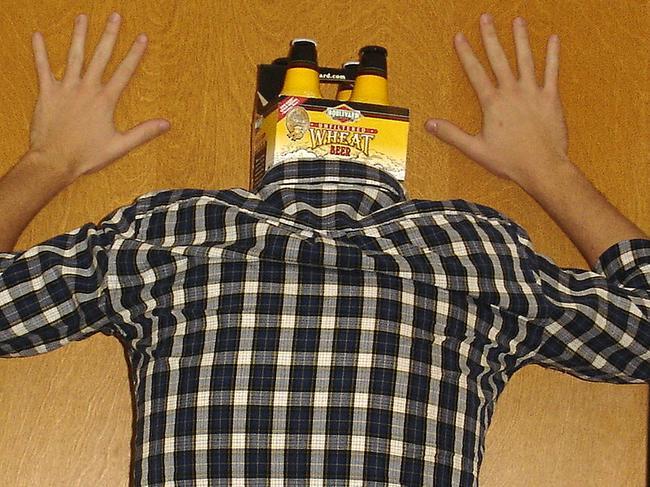
The MU Police Department released its annual “Campus Crime and Fire Safety” report for 2010, revealing that the number of on campus liquor arrests might be on the decline.
There were 126 liquor law violations reported to MUPD in 2008. That number dropped to 102 in 2009 and 76 in 2010, according to the report.
“We try to educate students,” said Kim Dude, Director of the Wellness Resource Center. “We certainly let them know what the laws are and the potential consequences for breaking the law, but we also teach them that, if they were to drink in moderation or just drink a small number of drinks, that they are less likely to get in trouble with the police.”
In a college environment, drinking is often considered a social norm among students, making education, rather than prevention, key.
Like many other college campuses, drinking is prevalent at MU, freshman Emily Behn said.
“I feel like a lot of people feel obligated because it’s college and it’s a party culture,” she said. “That’s what you do on the weekends. You go and drink with your friends.”
The percentage of MU students engaging in alcohol-related activities has decreased significantly within the past five years due to campus efforts, according to an MU News Bureau release.
“I think our students are making better choices,” Dude said. “I think that the Columbia Police have increased their enforcement, so I think students are more aware that there are police out there and that they need to be careful. It’s a combination of a bunch of things.”
A variety of outreach methods and new programs offered by the Wellness Resource Center have also helped contribute to the decline. The organization received national recognition by the United States Department of Education in 1994, 1999, 2006 and 2010 for its success in curbing risky situations and behaviors on campus.
An annual survey conducted by the Wellness Resource Center reveals that there has been a 25 percent decrease in binge drinking (five or more drinks in one sitting) in the past five years. In addition, there has also been a 71 percent decrease in students purchasing alcohol without having an ID checked and a 73 percent decline in underage students receiving alcohol from someone they knew at the bar.
“I think the biggest change we have had in our message over the past couple of years has been our program that we call ‘Life is Not a Spectator Sport,’” Dude said. “It is helping students understand that they play an important role in helping each other out and looking out for each other.”
The program’s effect is revealed not just in the decline of liquor law violations, but within the mindset of the students. A more responsible approach to alcohol is taking place across campus.
“You need to know your limits,” senior Meredith Dickey said. “Don’t go crazy the first night you ever drink. You need to take it slow and you need to understand that this isn’t a fun night — this is a night that could potentially be damaging for the rest of your life.”